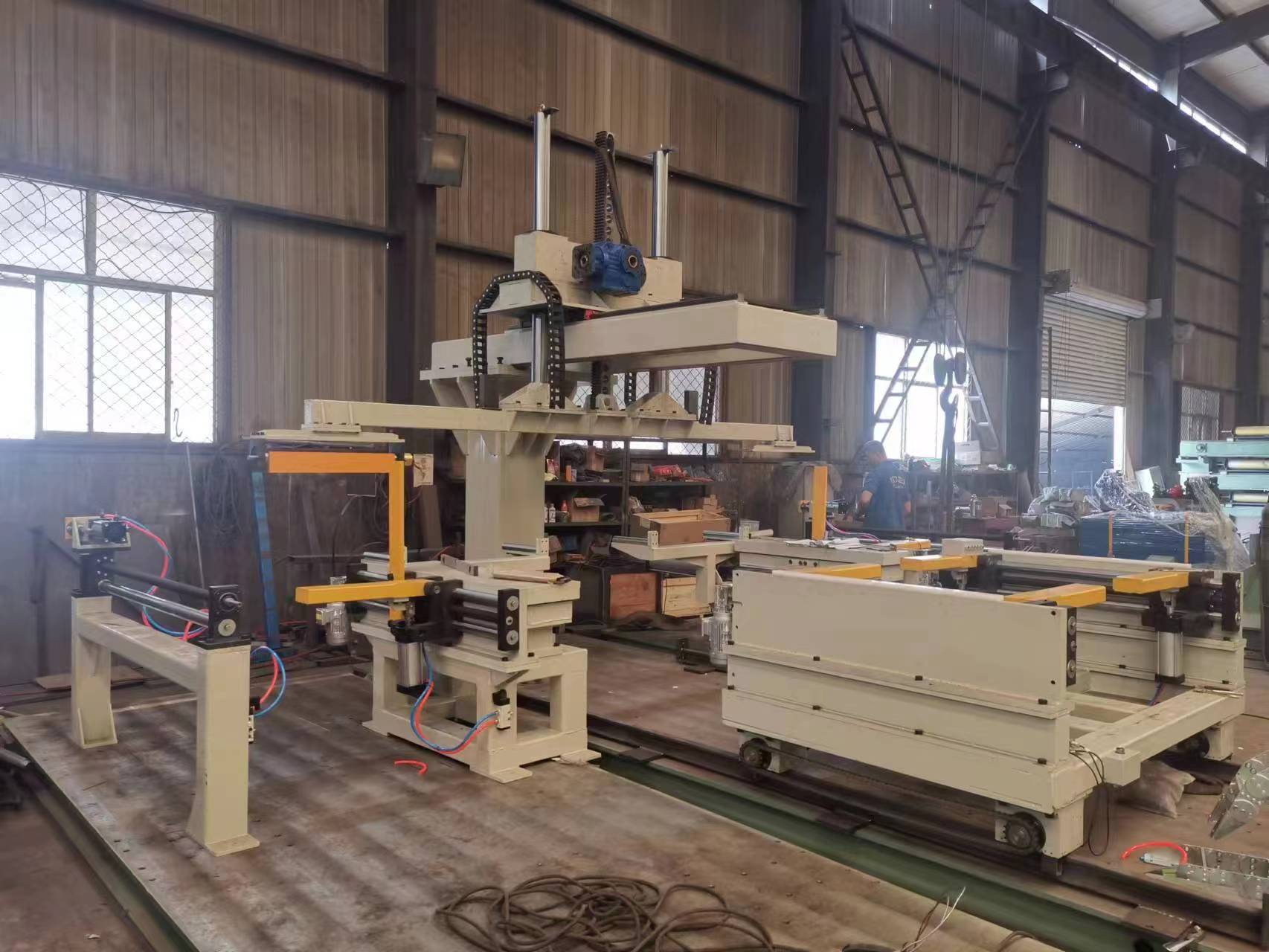
The Evolution and Future of Tile Machines in Modern Manufacturing
In the realm of manufacturing, tile machines play a pivotal role in the production of various ceramic and porcelain tiles that adorn our homes and commercial spaces. These machines have evolved significantly over the years, transforming from labor-intensive machinery to sophisticated, automated systems that enhance productivity and quality.
Historically, tile manufacturing was a manual process that required skillful artisanship. Artisans would shape, mold, and glaze tiles by hand, a method that was not only time-consuming but also limited the variety and quantity of tiles produced. The advent of the industrial revolution marked a turning point in tile production, ushering in machines that could press, cut, and glaze tiles at a much faster pace. The introduction of hydraulic presses allowed for the mass production of tiles with consistent shapes and sizes, ensuring a uniform product that could meet growing consumer demand.
As technology progressed, so too did the capabilities of tile machines. In the late 20th century, the introduction of digital and computer-controlled systems revolutionized the tile manufacturing process. Today, modern tile machines are equipped with advanced technology that allows for high levels of precision and customization. Manufacturers can now create intricate designs and patterns that were previously impossible to achieve, offering consumers a wide range of choices. Moreover, these automated systems greatly reduce human error, leading to enhanced quality and reduced waste.

One of the key advancements in tile machine technology is the implementation of 3D printing. This innovative method allows for tiles to be produced layer by layer, enabling the creation of complex designs and textures. Additionally, 3D printing can significantly shorten the production time, allowing for rapid prototyping and quick turnaround for custom orders. As sustainability becomes increasingly important in manufacturing, 3D printing also offers a more eco-friendly alternative by minimizing material waste.
Furthermore, the integration of artificial intelligence (AI) and machine learning into tile manufacturing processes is set to redefine the industry. AI can identify defects in tiles during production, ensuring only products of the highest quality reach the market. Predictive maintenance powered by AI also helps manufacturers avoid costly downtime by anticipating equipment failures before they occur. This smart manufacturing approach improves overall efficiency and keeps production lines running smoothly.
Looking ahead, the future of tile machines appears bright. As consumer preferences shift towards more personalized and sustainable products, manufacturers will need to adapt their technologies accordingly. Continuous innovation in tile machine design and capabilities will enable the industry to respond to these changing demands. The potential for smart tile machines that can communicate with other manufacturing systems and optimize production processes further indicates a future where efficiency and customization go hand in hand.
In conclusion, tile machines have come a long way from their manual beginnings, evolving into high-tech systems that not only streamline production but also enhance the aesthetic possibilities of tile design. With ongoing advancements in technology, including 3D printing and AI, the tile manufacturing industry is poised for continued growth and innovation, setting the stage for an exciting future in interior design and construction.